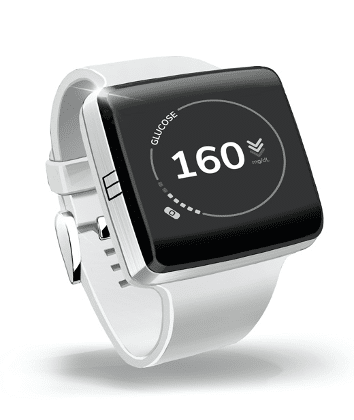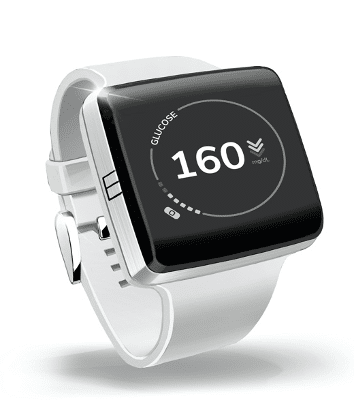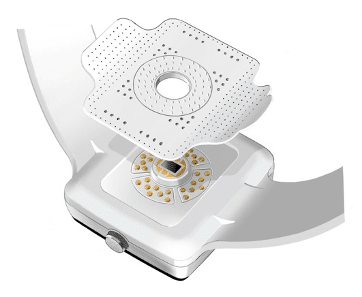Injection of “smart insulin” regulates blood glucose levels for one week
Sugary treat treatment —
Tests in animals show the material works like the body’s own system.

Enlarge / Smart insulin has the potential to make injections far less frequent.
People with type I diabetes have to inject themselves multiple times a day with manufactured insulin to maintain healthy levels of the hormone, as their bodies do not naturally produce enough. The injections also have to be timed in response to eating and exercise, as any consumption or use of glucose has to be managed.
Research into glucose-responsive insulin, or “smart” insulin, hopes to improve the quality of life for people with type I diabetes by developing a form of insulin that needs to be injected less frequently, while providing control of blood-glucose levels over a longer period of time.
A team at Zhejiang University, China, has recently released a study documenting an improved smart insulin system in animal models—the current work doesn’t involve any human testing. Their insulin was able to regulate blood-glucose levels for a week in diabetic mice and minipigs after a single subcutaneous injection.
“Theoretically, [smart insulin is] incredibly important going forward,” said Steve Bain, clinical director of the Diabetes Research Unit in Swansea University, who was not involved in the study. “It would be a game changer.”
Polymer cage
The new smart insulin is based on a form of insulin modified with gluconic acid, which forms a complex with a polymer through chemical bonds and strong electrostatic attraction. When insulin is trapped in the polymer, its signaling function is blocked, allowing a week’s worth of insulin to be given via a single injection without a risk of overdose.
Crucial to the “glucose responsive” nature of this system is the fact that the chemical structures of glucose and gluconic acid are extremely similar, meaning the two molecules bind in very similar ways. When glucose meets the insulin-polymer complex, it can displace some of the bound insulin and form its own chemical bonds to the polymer. Glucose binding also disrupts the electrostatic attraction and further promotes insulin release.
By preferentially binding to the polymer, the glucose is able to trigger the release of insulin. And the extent of this insulin release depends on how much glucose is present: between meals, when the blood-glucose level is fairly low, only a small amount of insulin is released. This is known as basal insulin and is needed for baseline regulation of blood sugar.
But after a meal, when blood-glucose spikes, much more insulin is released. The body can now regulate the extra sugar properly, preventing abnormally high levels of glucose—known as hyperglycemia. Long-term effects of hyperglycemia in humans include nerve damage to the hands and feet and permanent damage to eyesight.
This system mimics the body’s natural process, in which insulin is also released in response to glucose.
Better regulation than standard insulin
The new smart insulin was tested in five mice and three minipigs—minipigs are often used as an animal model that’s more physiologically similar to humans. One of the three minipigs received a slightly lower dose of smart insulin, and the other two received a higher dose. The lower-dose pig showed the best response: its blood-glucose levels were tightly controlled and returned to a healthy value after meals.
During treatment, the other two pigs had glucose levels that were still above the range seen in healthy animals, although they were greatly reduced compared to pre-injection levels. The regulation of blood-glucose was also tighter compared to daily insulin injections.
It should be noted, though, that the minipig with the best response also had the lowest blood-glucose levels before treatment, which may explain why it seemed to work so well in this animal.
Crucially, these effects were all long lasting—better regulation could be seen a week after treatment. And injecting the animals with the smart insulin didn’t result in a significant immune response, which can be a common pitfall when introducing biomaterials to animals or humans.
Don’t sugarcoat it
The study is not without its limitations. Although long-term glucose regulation was seen in the mice and minipigs examined, only a few animals were involved in the study—five mice and three minipigs. And of course, there’s always the risk that the results of animal studies don’t completely track over to clinical trials in humans. “We have to accept that these are animal studies, and so going across to humans is always a bit of an issue,” said Bain.
Although more research is required before this smart insulin system can be tested in humans, this work is a promising step forward in the field.
Nature Biomedical Engineering, 2023. DOI: 10.1038/s41551-023-01138-7
Ivan Paul is a freelance writer based in the UK, finishing his PhD in cancer research. He is on X @ivan_paul_.
Injection of “smart insulin” regulates blood glucose levels for one week Read More »



